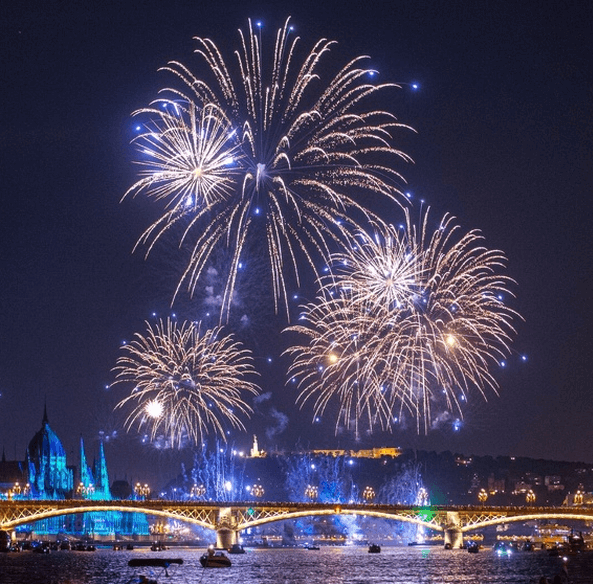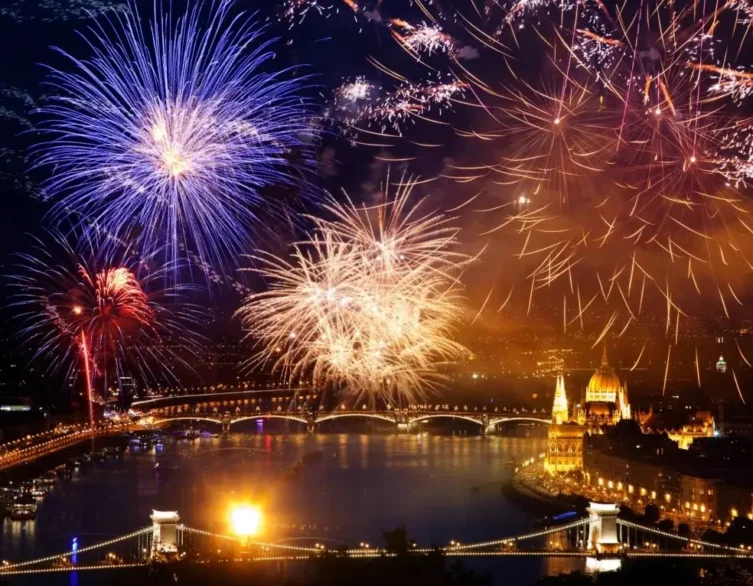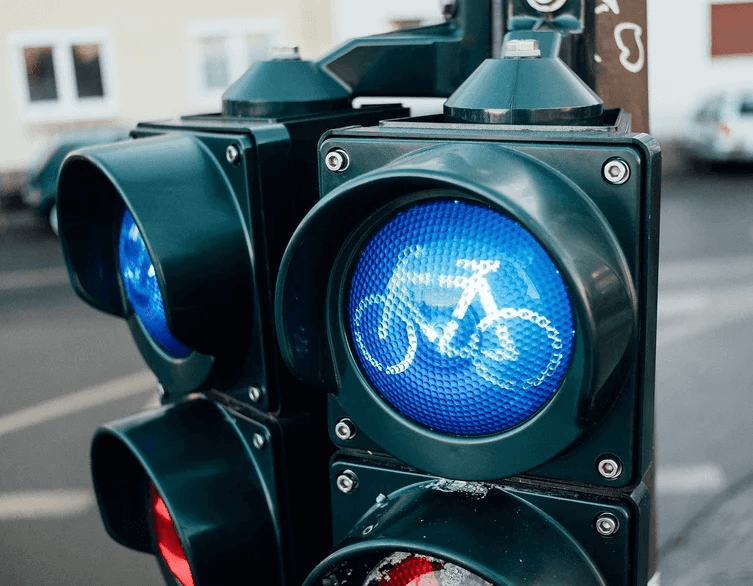Budapest Rethinks Fireworks for a Safer, Greener, and More Inclusive Celebration

Budapest is a city that loves to celebrate. Fireworks have long played a central role in marking not only New Year’s Eve but also national holidays, festivals, and countless personal milestones. The spectacle of colorful explosions over the Danube or in the city’s historic squares is a powerful symbol of joy and togetherness for locals and visitors alike. Yet, as the city grows and changes, so does the conversation around fireworks-balancing tradition with safety, environmental responsibility, and the well-being of people and animals.
The Double-Edged Sword of Fireworks
For many, fireworks are an essential part of celebration, creating unforgettable memories and a festive atmosphere. However, the reality is more complex. The same dazzling displays that delight crowds can be a source of anxiety and discomfort for others. Young children, the elderly, pets, and those sensitive to loud noises often struggle with the intense sounds and flashes. The aftermath is also significant: each year, Budapest’s public services collect tons of firework debris from streets and parks, and the environmental impact is increasingly hard to ignore.
Fireworks contribute to air and noise pollution, releasing particulate matter, heavy metals, and gases like carbon monoxide and nitric oxide into the atmosphere. These pollutants can linger, affecting air quality, visibility, and even contributing to acid rain. The environmental footprint is not limited to the air; microplastics and chemical residues settle on soil and in waterways, disrupting local ecosystems and harming wildlife. The sudden explosions and bright lights can cause panic in both domestic and wild animals, leading to injuries, disorientation, and even fatalities.
Best deals of Budapest
Budapest’s Response: Community Dialogue and Regulation
Recognizing these challenges, Budapest has begun an open conversation about the future of fireworks in the city. The city council has launched public consultations, inviting residents to share their experiences and opinions on firework use. The aim is to find a balanced solution that respects the city’s celebratory traditions while reducing the negative impacts on people, animals, and the environment.
Recent years have seen pilot restrictions in several districts, such as the 3rd and 5th, where stricter rules on firework use have led to less noise, cleaner streets, and fewer complaints. These positive outcomes have encouraged city leaders to consider broader regulations, with the goal of creating clear, citywide guidelines that prioritize safety and sustainability.
The focus is not on banning fireworks entirely, but rather on finding compromise solutions-such as limiting the use of the most disruptive devices or restricting fireworks to certain times and places. The city is also considering stricter enforcement and higher fines for violations, especially in densely populated or sensitive areas.
The Human and Animal Cost
The debate over fireworks in Budapest is not just about noise or pollution-it’s about the quality of life for everyone in the city. Sudden, loud explosions can trigger strong stress reactions in vulnerable groups, including children, the elderly, people with sensory sensitivities, and those living with post-traumatic stress disorder. For pet owners, holidays and festivals can become a time of worry, as animals often panic, run away, or suffer injuries due to the noise.
Wildlife is also at risk. Birds may abandon their nests in panic, while other animals can become disoriented and wander into dangerous areas. Even pollinators like bees can be affected, as the shock of fireworks may cause entire colonies to flee and perish in the cold.
Looking Ahead: A More Thoughtful Celebration
Budapest’s evolving approach to fireworks reflects a broader shift towards more responsible and inclusive celebrations. The city is actively seeking input from residents and experts to craft regulations that honor tradition while minimizing harm. By fostering dialogue and considering the needs of all community members, Budapest aims to create festive experiences that are joyful, safe, and sustainable.
By extending the deadline for the poll until 11 May, Budapest’s leadership is making sure as many voices as possible are heard. The results will help shape future regulations, ensuring that any new rules reflect the needs and wishes of both residents and visitors, and contribute to a more livable, responsible, and enjoyable city for all.
For visitors, this means you can still enjoy the city’s vibrant celebrations, but with a growing emphasis on safety, environmental stewardship, and respect for all who share Budapest’s beautiful spaces. Whether you’re watching a grand display over the Danube or exploring alternative festivities, you’ll be part of a city that values both its traditions and its future.
As Budapest continues to refine its policies, one thing remains clear: the city’s spirit of celebration endures, now with a renewed commitment to making every occasion enjoyable for everyone-people, animals, and the environment alike.
Related news














